Turner Prize 2024: has the art world's infamous award lost its power?
As the award returns for its 40th anniversary, critics call for a revamp of 'sorry embarrassment of a prize'
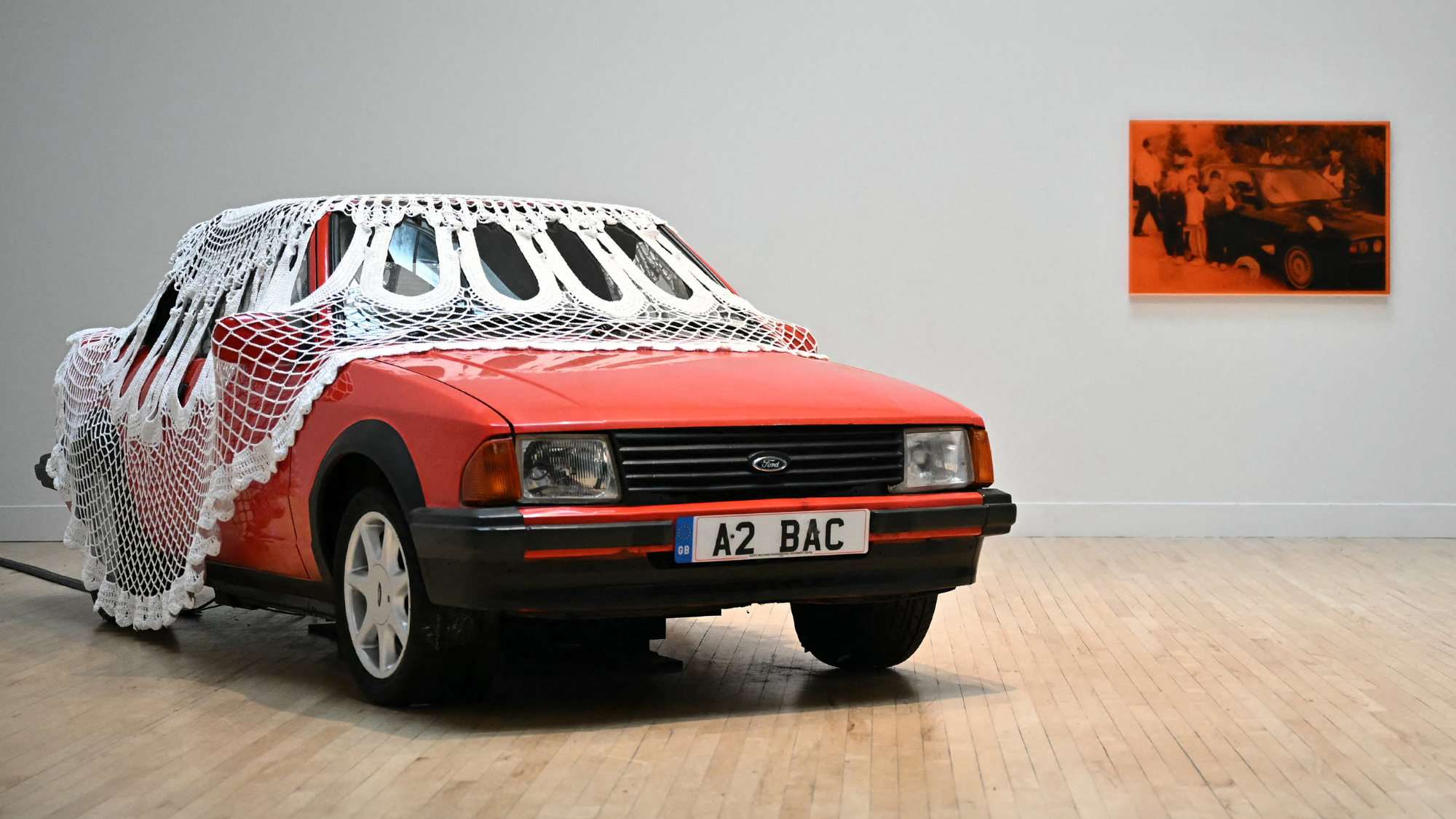
A free daily email with the biggest news stories of the day – and the best features from TheWeek.com
You are now subscribed
Your newsletter sign-up was successful
Once the "enfant terrible" of the contemporary art world, as the Turner Prize returns to London's Tate Britain for its 40th anniversary it feels "knackered, creaking, and past it", said Laura Freeman in The Times.
"I wish there was some headline-worthy stunt," akin to Tracey Emin's unmade bed or Chris Ofili's elephant dung, but the offering this year is "too flat and inadequate to summon much fury". As it stands, the exhibition feels "utterly moribund": it's time to "revamp this sorry embarrassment of a prize or retire it completely".
'Tunnel vision'
The jury's "craven capitulation to inclusivity" makes it feel as if the artists that made the shortlist this year have been selected entirely because of their "personal identities" rather than their art, said Florence Hallett on the i news site.
The Week
Escape your echo chamber. Get the facts behind the news, plus analysis from multiple perspectives.

Sign up for The Week's Free Newsletters
From our morning news briefing to a weekly Good News Newsletter, get the best of The Week delivered directly to your inbox.
From our morning news briefing to a weekly Good News Newsletter, get the best of The Week delivered directly to your inbox.
And while the exhibition steers clear of the "previous pitfalls" around gender and ethnicity – most of the artists this year are women, from a variety of cultural backgrounds and ages – the art itself has a "shocking case of tunnel vision".
Avoiding rocking the boat with any "provocations", the jury have stuck to a "trusty formula", said Alistair Sooke in The Telegraph. There's no sign of the Turner Prize letting its hair down for its 40th birthday: the latest edition is the most "conventional and uptight" in years. It's about as "raucous as a drinks party in a seminary".
'Curiously repressed'
Filipino-born artist Pio Abad takes today's "hottest issues", such as the legacy of colonialism, and "lowers their temperature to zero degrees", Sooke said. His "elegant, considered" ink-and-screenprint works feel "ice cold" and "curiously repressed".
Then, there's Delaine La Bas, a British artist with a Romani background. She should, "on paper, provide some spark", but her "whimsical faux-naif paintings" are "pretty, not primal". "The ambience is, again, too civilised, too tame."
A free daily email with the biggest news stories of the day – and the best features from TheWeek.com
Elsewhere, Jasleen Kaur has drawn on her South Asian and Glaswegian heritage to create a series of installations from "mundane objects" including a Ford Escort draped in a "giant crocheted doily", said Hallett. But the installation "fails to spark empathy or even curiosity", and is "more boring than stirring".
The "booming music" from Kaur's exhibition "obliterates" what should be a reflective atmosphere at Abad's offering next door, added Freeman in The Times. It's like "sitting next to some obnoxious yob on the bus blasting music from their headphones".
'Wildly divergent intentions'
While it's unlikely the Turner Prize will ever reach the "pearl-clutching front-page heights" of the nineties and noughties, I really enjoyed the show this year, said Nancy Durrant in the London Evening Standard. Each of the artists on the shortlist brings a "unique perspective" and "distinctive approach".
Claudette Johnson's large-scale canvases of Black figures feel like a "different show": "my, they're special". "Young Man in Blue" is "just beautiful – watchful, powerful". Johnson will be the "one to beat" this year.
All of the artists have a "story to tell", added Adrian Searle in The Guardian. The show is filled with "cultural collisions, shifts in register and wildly divergent intentions". Le Bas's installation is "full of vitality and surprise", while Kaur's work is bursting with "texture and humour and complexity". As for Abad's "beautiful and painful" laser engravings on marble, you need "hours to unravel the complexities and iniquities" of his work.
Surely the highlight of the entire show is Johnson's "Pieta", said Hallett. Painted on a large canvas made of bark from Uganda, the portrait depicts a mother cradling the body of her adult son – a nod to the victims of knife crime. "There's no question that Johnson must win, but how I wish she had some worthy competition."
Irenie Forshaw is the features editor at The Week, covering arts, culture and travel. She began her career in journalism at Leeds University, where she wrote for the student newspaper, The Gryphon, before working at The Guardian and The New Statesman Group. Irenie then became a senior writer at Elite Traveler, where she oversaw The Experts column.
-
 Political cartoons for February 16
Political cartoons for February 16Cartoons Monday’s political cartoons include President's Day, a valentine from the Epstein files, and more
-
 Regent Hong Kong: a tranquil haven with a prime waterfront spot
Regent Hong Kong: a tranquil haven with a prime waterfront spotThe Week Recommends The trendy hotel recently underwent an extensive two-year revamp
-
 The problem with diagnosing profound autism
The problem with diagnosing profound autismThe Explainer Experts are reconsidering the idea of autism as a spectrum, which could impact diagnoses and policy making for the condition
-
 In Okinawa, experience the more tranquil side of Japan
In Okinawa, experience the more tranquil side of JapanThe Week Recommends Find serenity on land and in the sea
-
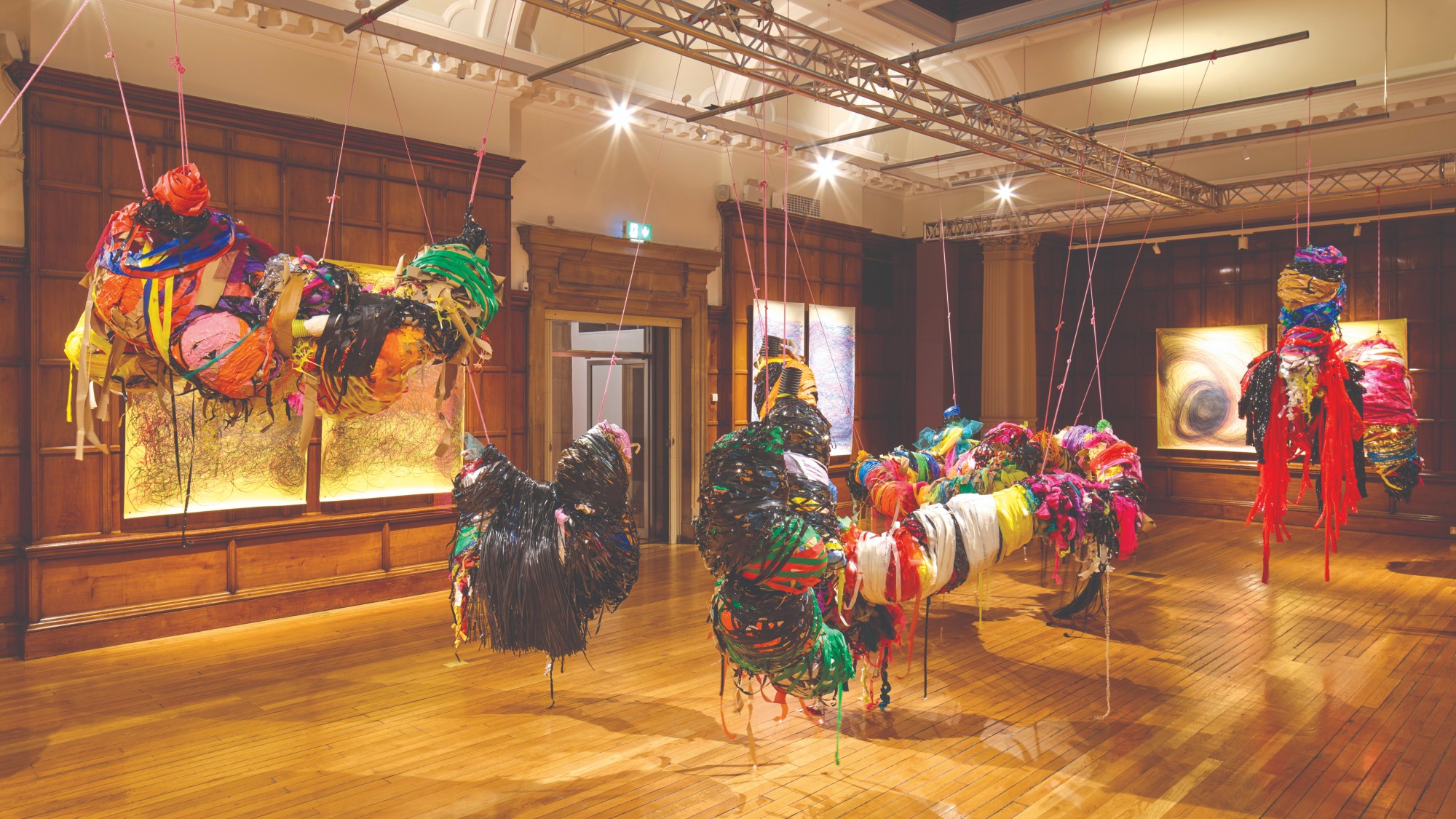 Turner Prize 2025: ‘artistic excellence’ or ‘cultural nonsense’?
Turner Prize 2025: ‘artistic excellence’ or ‘cultural nonsense’?Talking Point Work by the four artists nominated for this year’s award is on display at Bradford’s Cartwright Hall
-
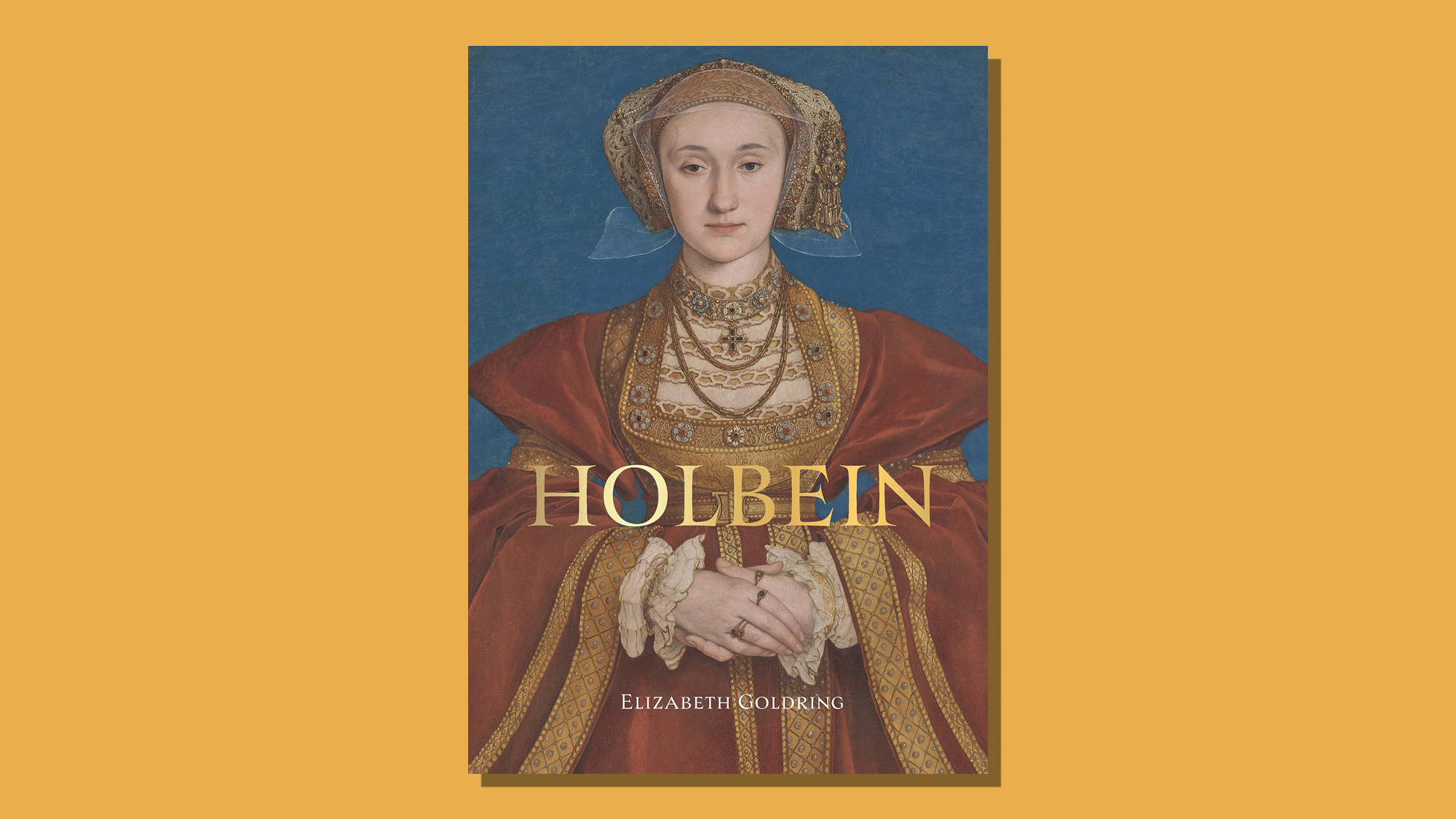 Holbein: ‘a superb and groundbreaking biography’
Holbein: ‘a superb and groundbreaking biography’The Week Recommends Elizabeth Goldring’s ‘definitive account’ brings the German artist ‘vividly to life’
-
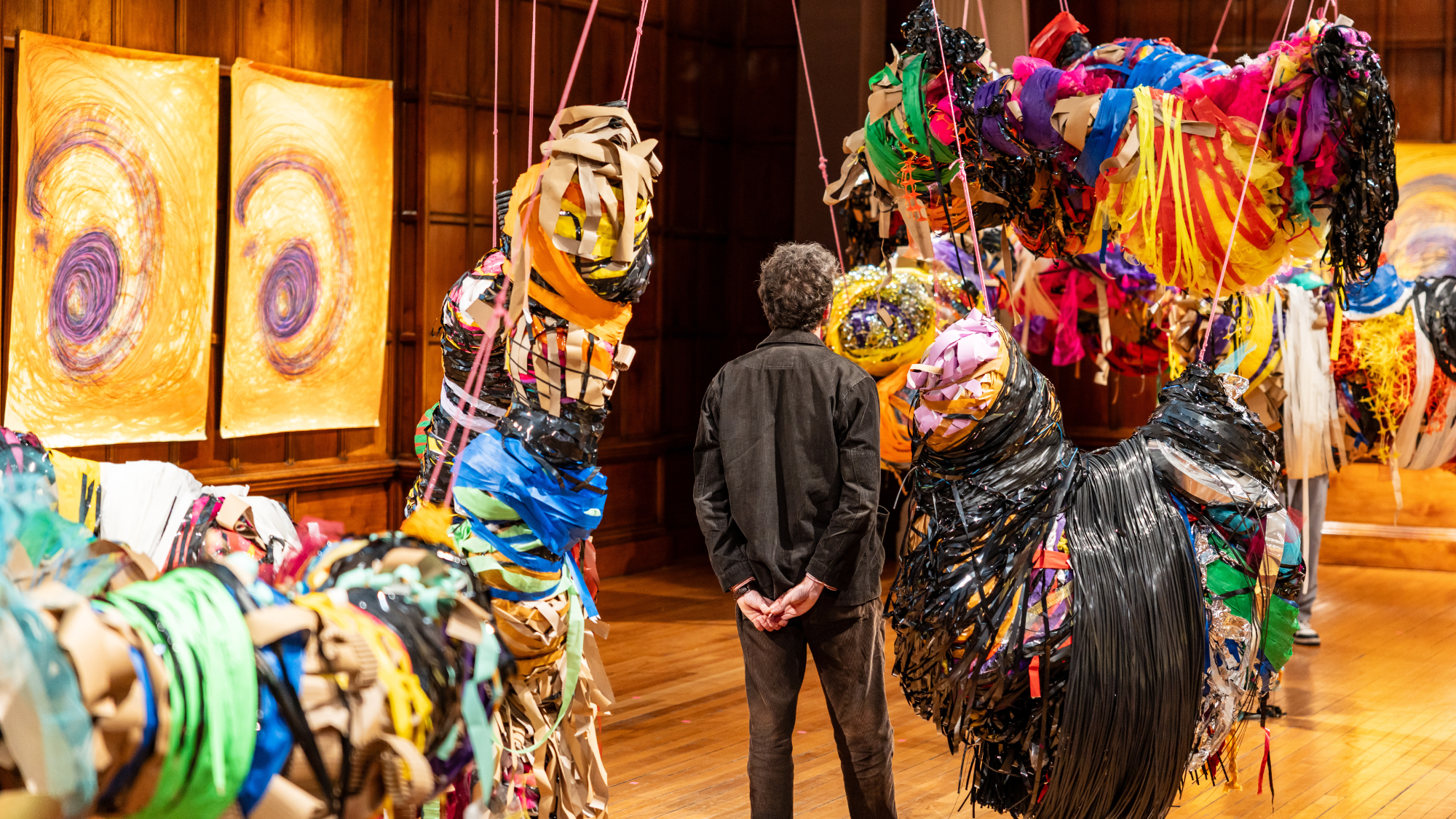 Nnela Kalu’s historic Turner Prize win
Nnela Kalu’s historic Turner Prize winTalking Point Glasgow-born artist is first person with a learning disability to win Britain’s biggest art prize
-
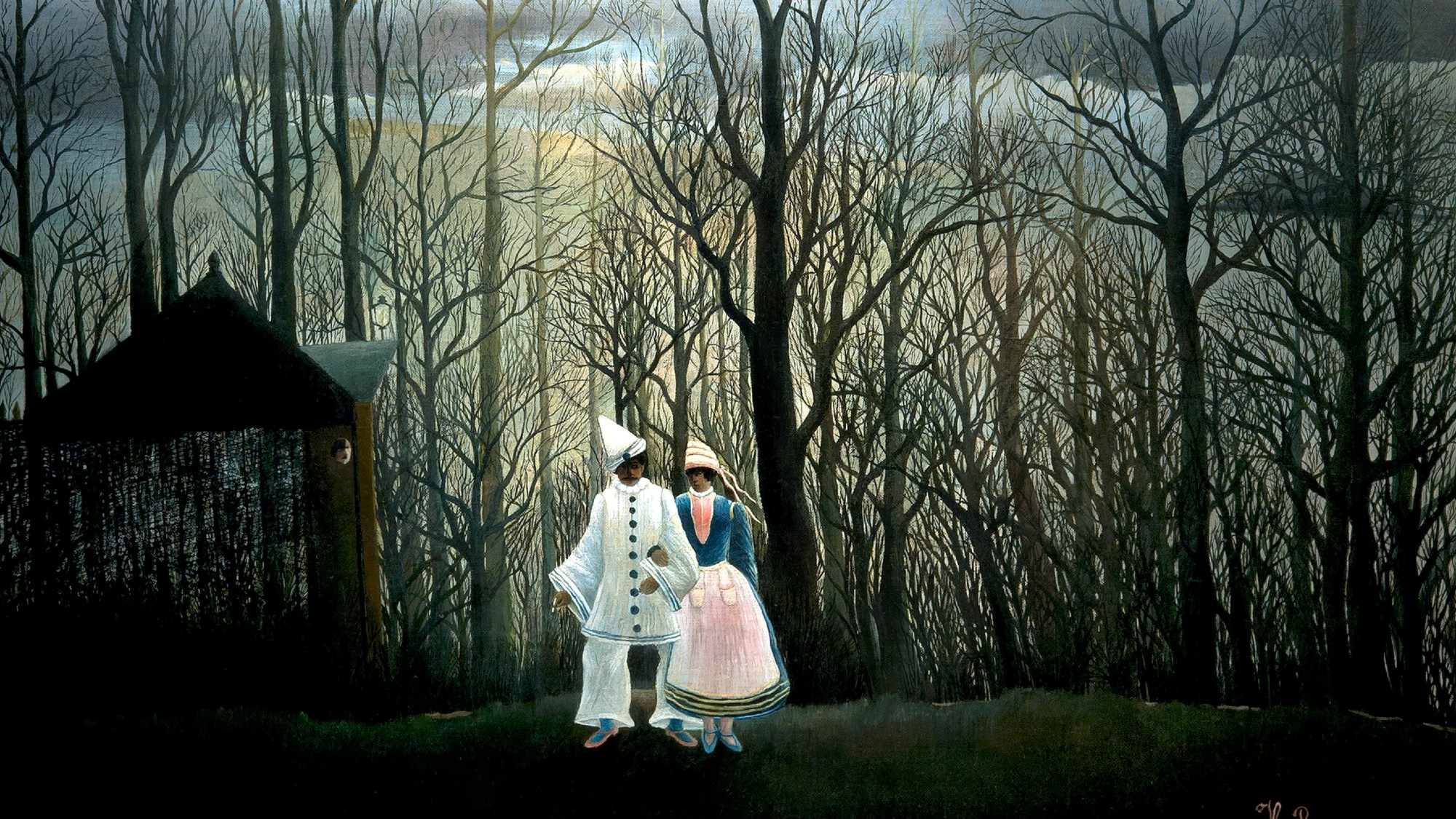 Henri Rousseau: A Painter’s Secrets
Henri Rousseau: A Painter’s Secretsfeature Barnes Foundation, Philadelphia, through Feb. 22
-
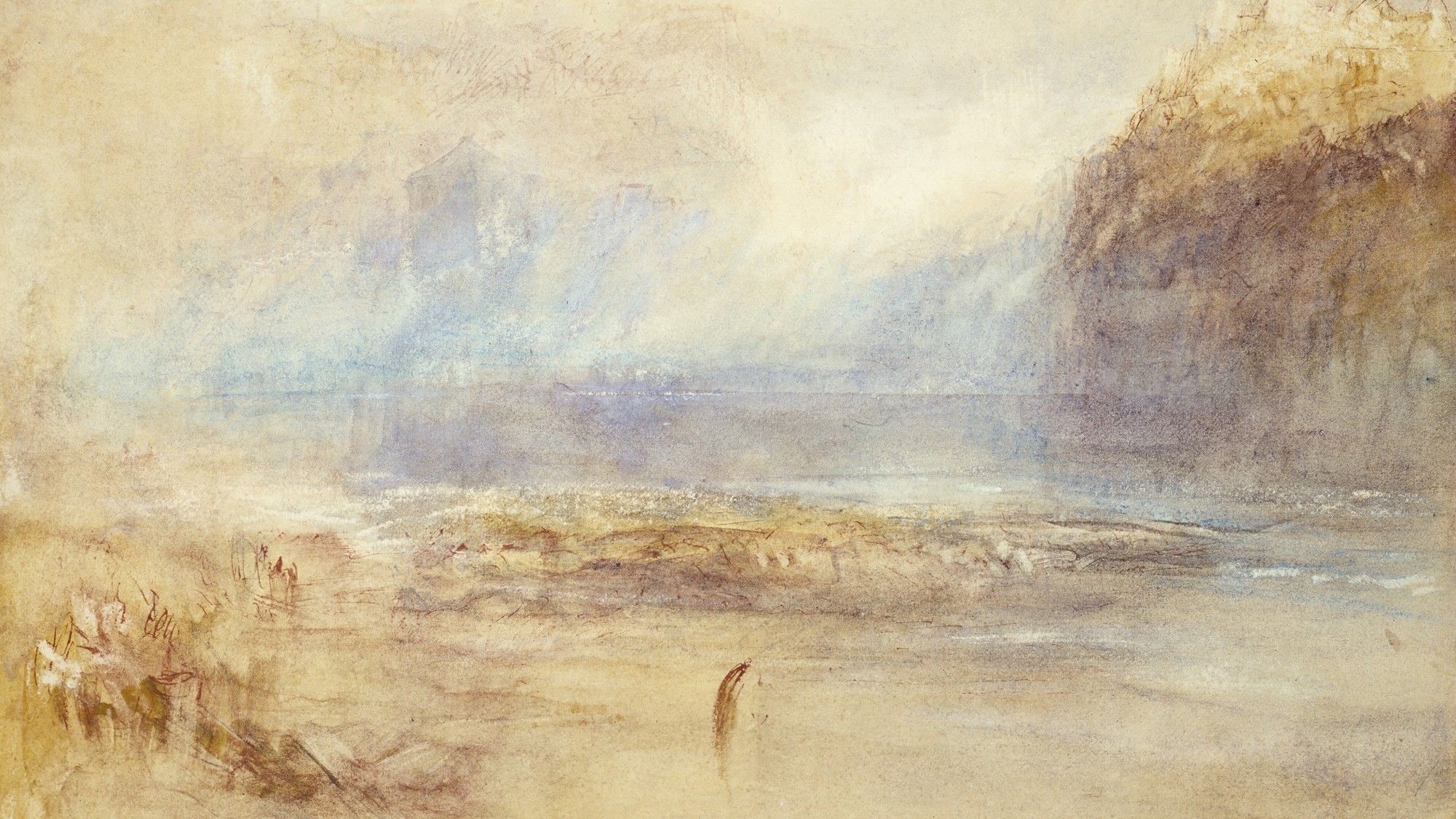 Turner: The Secret Sketchbooks – a fascinating portrait of the great painter
Turner: The Secret Sketchbooks – a fascinating portrait of the great painterThe Week Recommends BBC2 documentary examines the rarely seen sketchbooks of the enigmatic artist
-
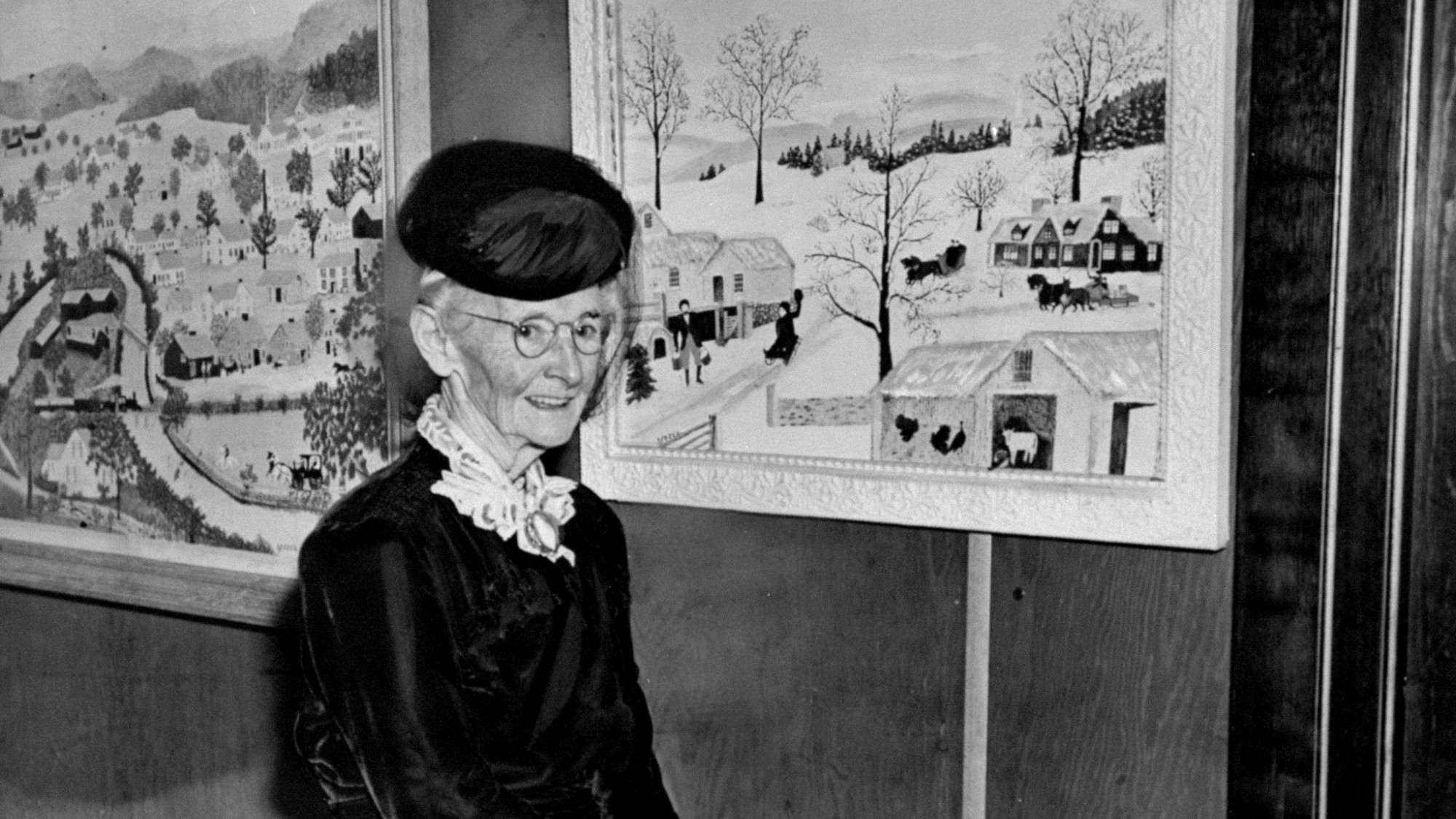 6 gripping museum exhibitions to view this winter
6 gripping museum exhibitions to view this winterThe Week Recommends Discover the real Grandma Moses and Frida Kahlo
-
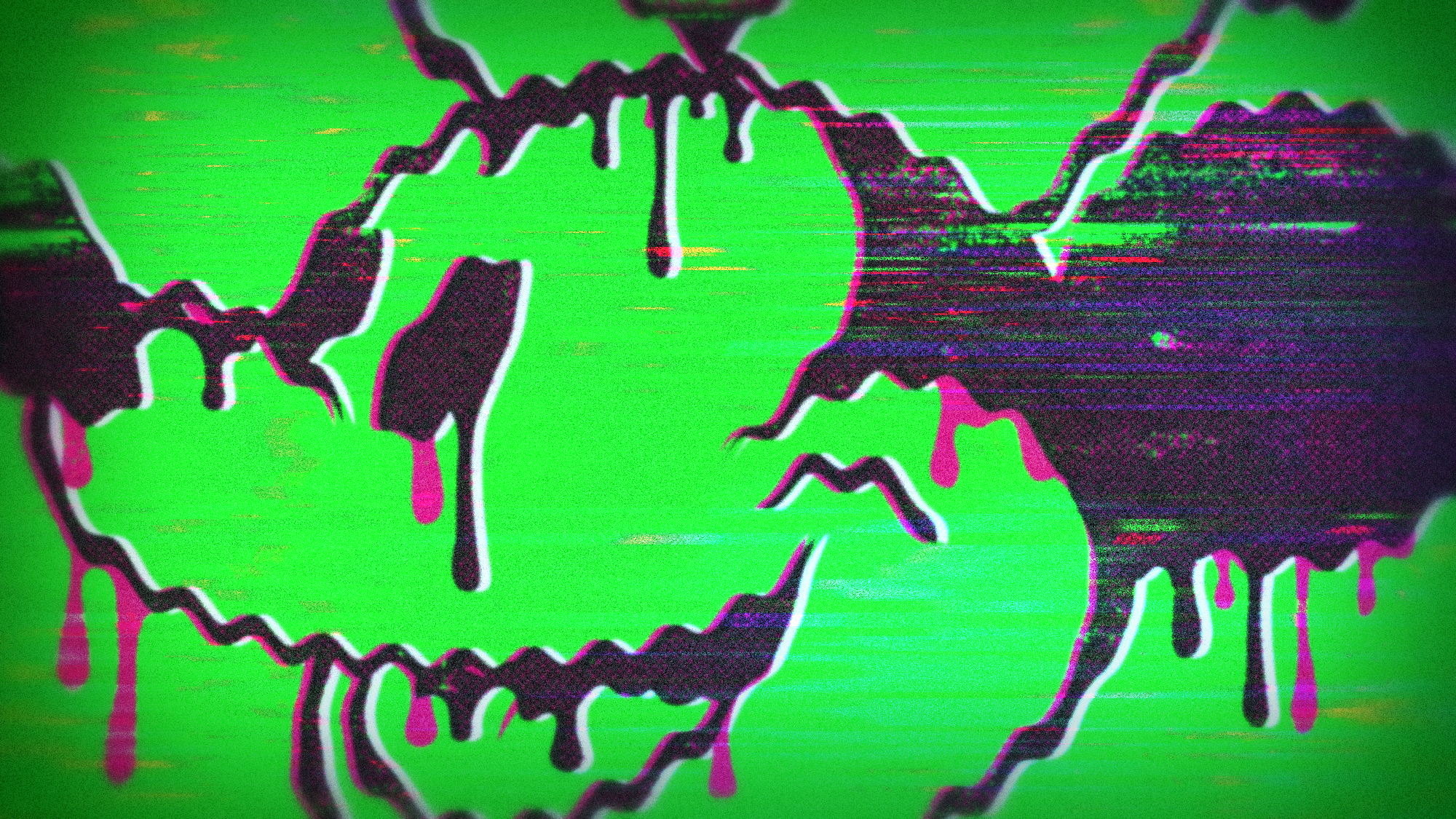 Disney bets big on AI, but not everyone sees a winner
Disney bets big on AI, but not everyone sees a winnerTalking Points The company will allow users to create their own AI content on Disney+